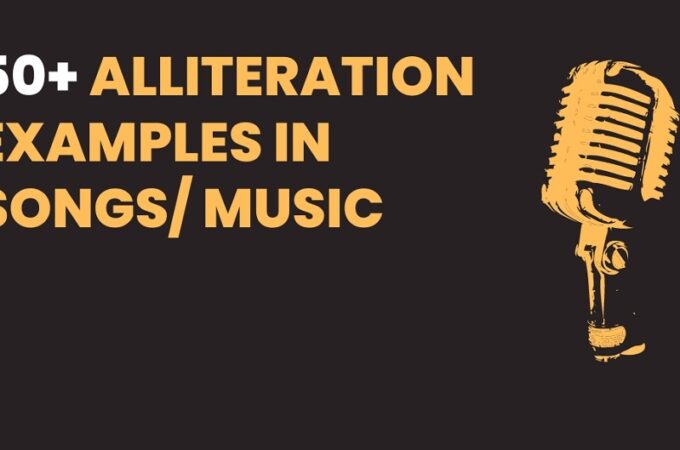
10 Incredible Ways to Promote Your Music in 2022
With so many ways to promote your music – and only so many hours in the day – how do you decide which platforms are worth your time and energy? In this article from best online casino Australia, we will discuss that.
1. Work on digital marketing. Develop an online presence on all the major social media platforms to engage with your target audience. Create videos on short-form music-driven apps that creatively incorporate clips of your songs.
2. Create an electronic press kit. An electronic press kit (EPK) is a pre-packaged digital resume full of promotional materials that you can send to music industry influencers. It provides record labels, agents, producers, venue bookers, and the media with everything they need to know about you as an artist. Your EPK should include an artist bio, photos, videos, press releases, contact information, and any upcoming gigs.
3. Create a website. Develop an artist or band website to give music fans a place to discover your catalog. Include tour dates, an artist bio, a discography, a merch shop, links to your social channels and email list, new releases, a link to your EPK (electronic press kit), and links to where fans can listen to your new music.
4. Host your music on streaming platforms. Sign up for artist accounts on all major music streaming platforms and upload your produced tracks to give the public a hub to listen to your work. You can also track the popularity of your tracks on these outlets.
5. Use email marketing. An email list is an essential music promotion tool that allows you to market new work as you make it. Include an easily visible sign-up form on your website to build up your marketing list. Hand out flyers and display in-person sign-up sheets at your live shows. Offer your subscribers exclusive perks like merch discount codes or pre-sale access to concerts to incentivize sign-ups. Once you build a solid list of subscribers, use email marketing to promote new releases, announce tour dates, and give general updates on your music, courtesy of users of meilleurs casinos en ligne français.
6. Pitch yourself to music blogs. Getting covered on influential music blogs can jumpstart your music career and grow your fan base. You’ll often find more success with niche blogs tailored to your music genre. When you’re writing messages to music bloggers, provide them with a brief description of your sound, your EPK, and links to your most successful tracks.
7. Reach out to playlist curators. User-maintained public playlists on streaming services can give your work plenty of exposure. Landing just one song on any of these lists can incentivize unique listeners to check out the rest of your online music catalog. To increase your chances of success, seek out playlists appropriate to your genre. For example, a heavy metal artist is more likely to land a track on a playlist called “Mosh Pit Favorites” than one called “Coffee Shop Easy Listening.”
8. Connect with fans through live shows. Perform live, in-person shows to develop a fan base and engage with listeners. When you’re first starting out, chances are you’ll have to play in small venues like local coffee shops and bars. Once your fan base grows large enough, use your email list and social media channels to determine which cities to tour.
9. Shoot a music video. Releasing a captivating music video is one of the best ways to promote your music online. Strive to be creative with your video concept and think about a hook that could make it shareable, such as theming it around a recent viral meme trend or filming it in a single complex take. If you have limited resources, simply shoot a live performance and uniquely edit the video. Share clips from your music videos on your social channels, and host them on your website.
10. Sign up to artists services. Most of the biggest music streaming services have platforms built specifically for artists. So if you’re releasing music, signing up is a no-brainer. These services will allow you to access an array of features and benefits within the platform, that are exclusively reserved for artists using and releasing music on the platform.





